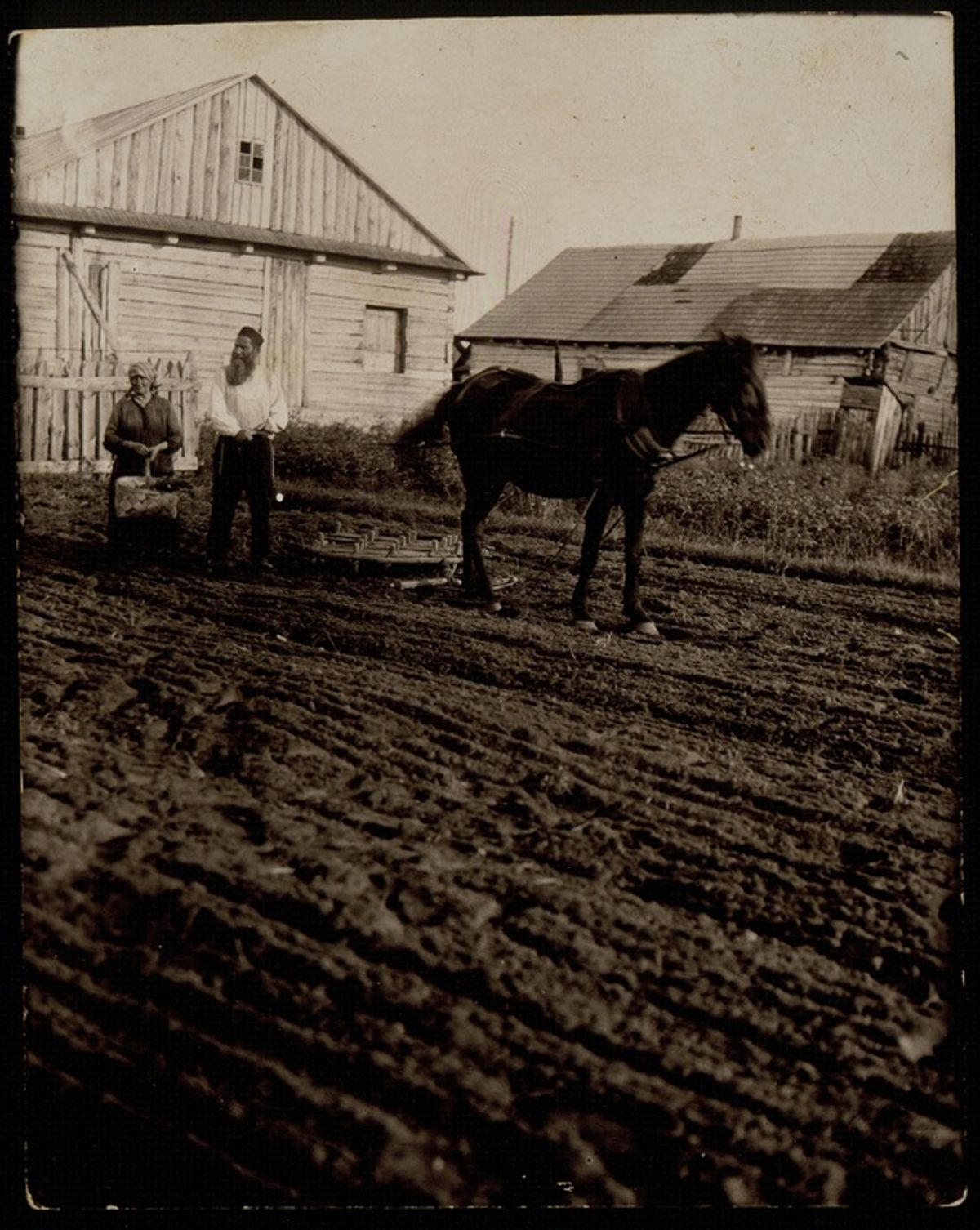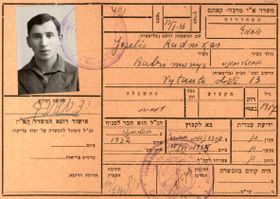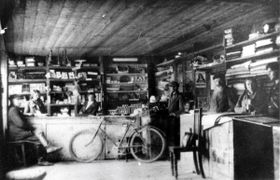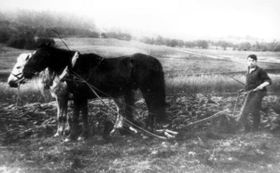Whispers to Plants


How to Get a Better Harvest
Behind the modest wooden houses, nestled deeper into the yard, Jewish families cultivated a variety of vegetables: cucumbers, beets, radishes, pumpkins, beans, tomatoes, cabbages, onions, and more. In their small orchards, apples, pears, and cherries ripened in the sun. Some families who rented larger plots of land even planted potatoes, a staple in their daily meals.
The residents of the shtetl diligently tended to their gardens, knowing that their homegrown produce could sustain their families, even in financially challenging times.
Zvi Hersh Moszczenik from Eišiškės visited his garden every day to check on his vegetables’ progress. “Grow healthy and strong, my beauties,” he would whisper as he bent over them. While we can only imagine this scene, what we do know is that Zvi Hersh had a habit of conversing with his plants, hoping for a bountiful harvest. Because of his eccentric behavior, the locals affectionately referred to him as "Reb Hersh the Garden Preacher."





